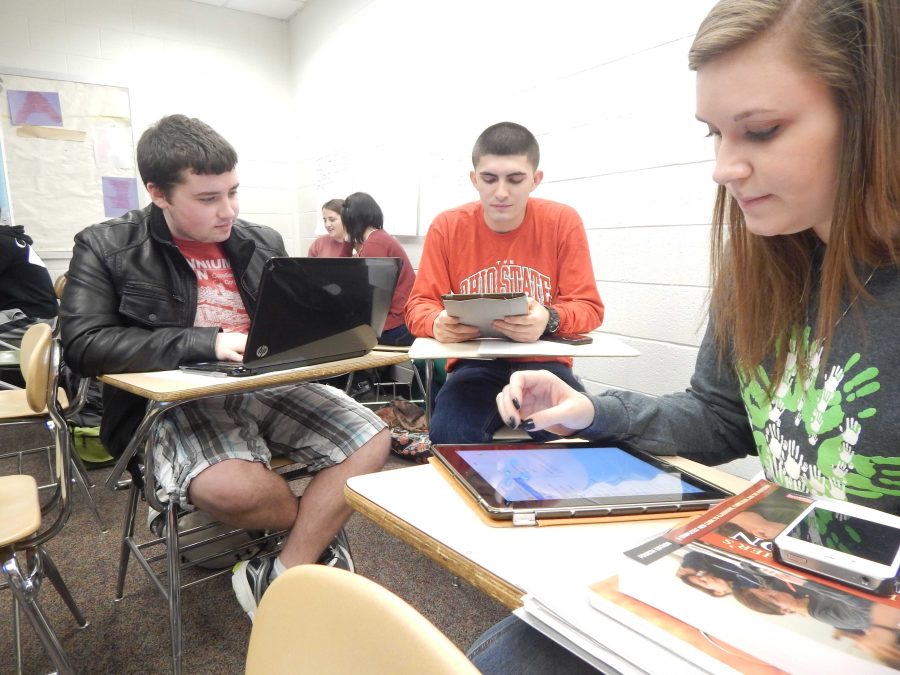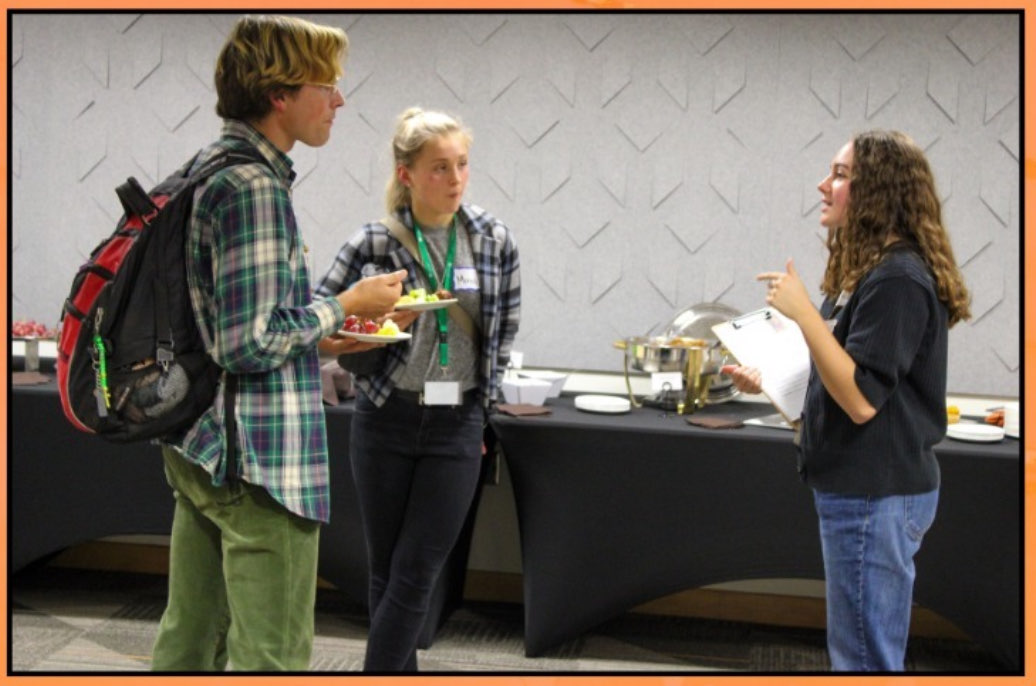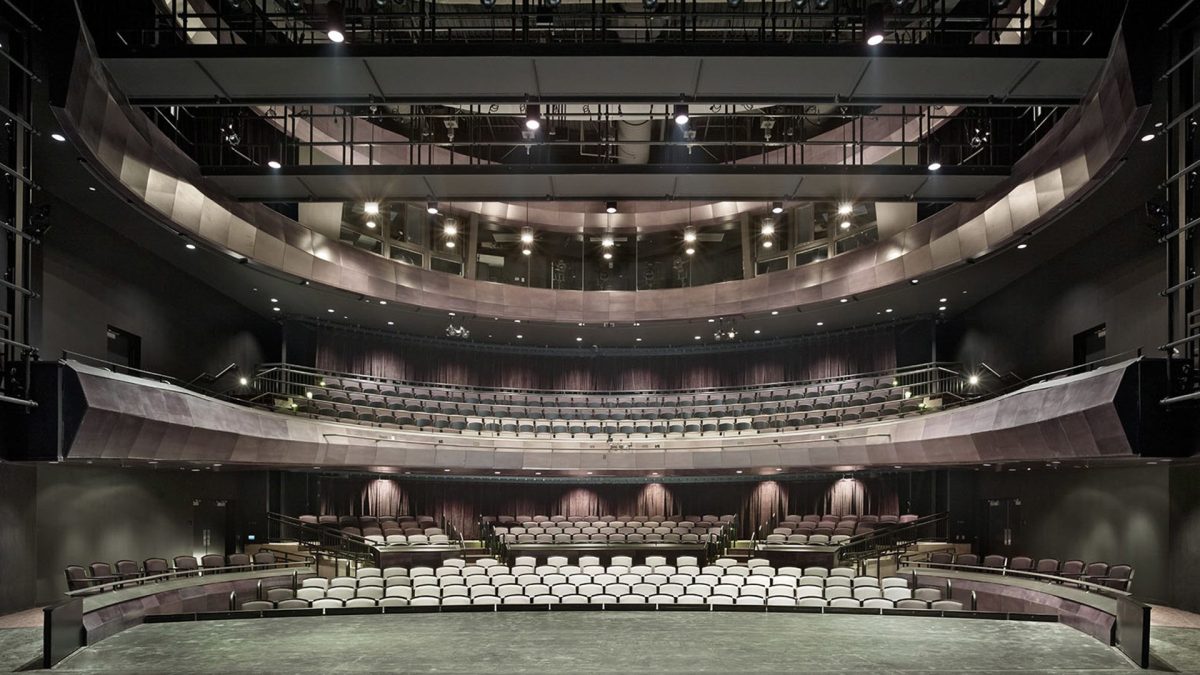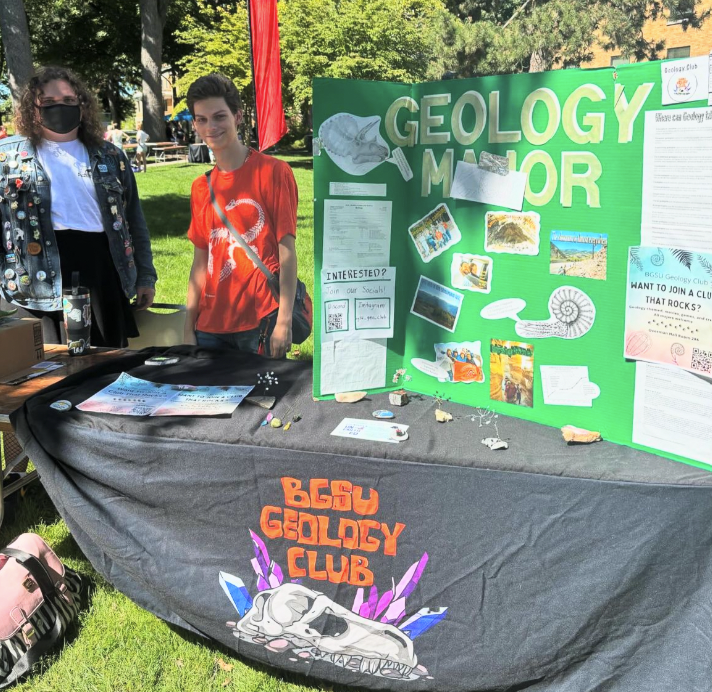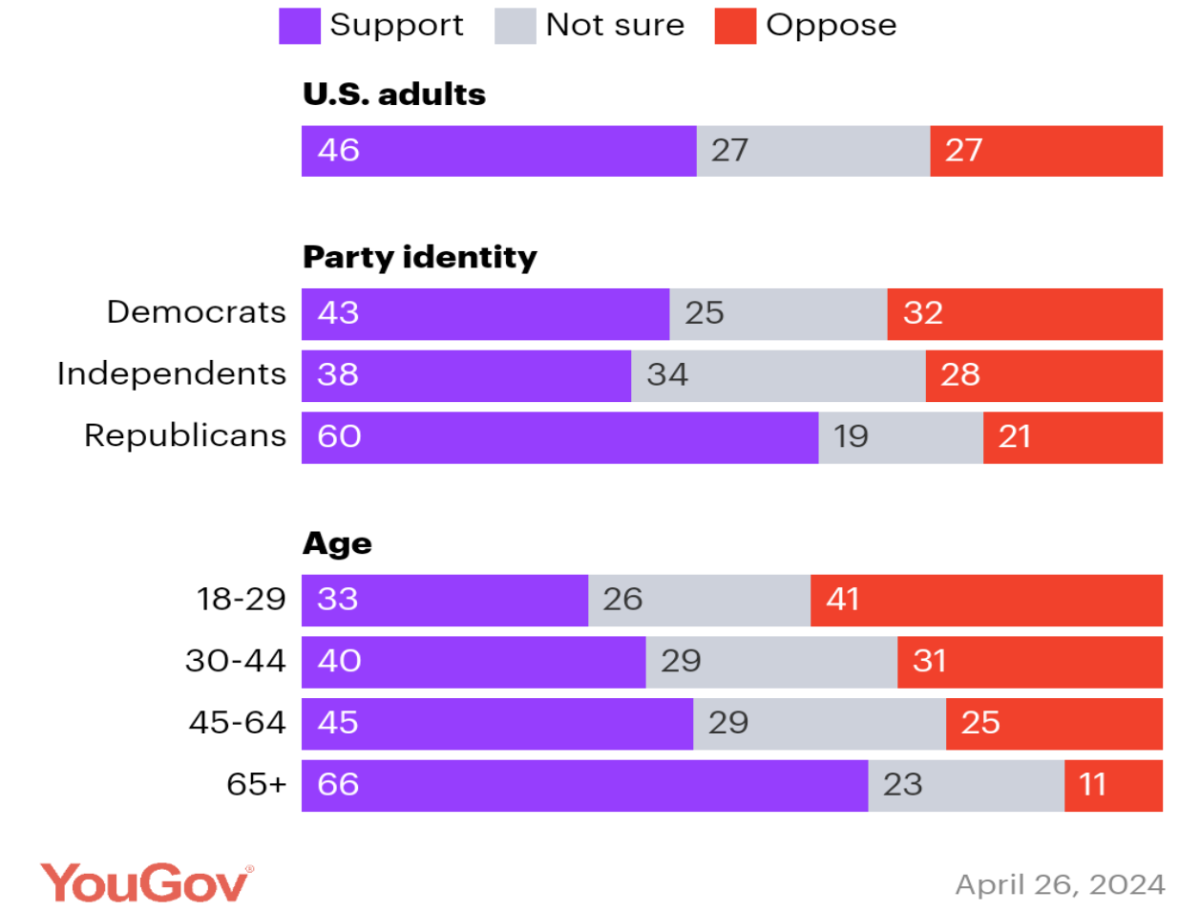While increasing technology may be good for learning and sustainability purposes, it’s not for the University’s budget.
It cost the University an estimated $2.5 million to update 15 classrooms in four buildings during the past three years with technological advancements, said John Ellinger, chief information officer of Information Technology Services. Before that, most of the larger lecture halls hadn’t been renovated in more than 20 years.
Four buildings during the past three years have been updated with smart boards, TVs, projectors or touch screens in rooms with a capacity of 75 seats or higher, Ellinger said.
This technology advancement has sparked some concern among the University’s administration.
This advancement has challenged the administration to come up with other ways to lower the budget while remaining sustainable.
To offset the costs, techniques include keeping rooms at standard temperatures, turning lights off when unoccupied, instating a “bring your own laptop” program and considering geothermal and solar energy in the near future, Vice President of Capital Planning and Campus Operations Steve Krakoff said.
Because adding more technology has raised expenses, a policy called “bring your own laptop” will be implemented during classes in the future to reduce the use of computers on campus.
“This is something that will take five years, but will be effective,” Ellinger said.
As of now there are 1,700 computers filling the 130 computer labs across campus costing $550,000 in electricity a year, Ellinger said. With the new program, Ellinger said the University will begin to remove some of the computers in labs across campus.
Some other things Krakoff said the University has done to cut costs is put in sustainable light fixtures, lamps and censored lighting and temperature settings.
Daylight sensors monitor when natural light enters through the window in a room, dimming or brightening the light when appropriate, Krakoff said. The temperature censor works similarly, but controls the temperature by occupancy in the room.
“If there are a lot of people in the room, the temperature will turn down. It can determine what time of the day it is being used the most and least,” Krakoff said.
Krakoff and his team will meet with architects when either renovating or constructing new buildings to incorporate better insulation for the windows and walls, as well.
Financially, these changes have been “good pay back being able to save energy and money,” he said.
When the University participates in green initiatives such as these, it receives an electric rebate from the city through Efficiency Smart, which provides discounts for energy saving business practices, according to the Efficiency Smart website.
On Feb. 10, the city of Bowling Green renewed the contract through 2016 with Efficiency Smart. The contract began in January 2011, according to their website.
“We work [with them] to realize potential savings,” said Matt Rubel, energy management coordinator for Campus Operations. “[For example], if we do the lighting in buildings, we receive a rebate.”
There is no limit to how many rebates the University can receive for sustainable actions. However, the project determines the price of the rebate, Rubel said.
Besides reducing consumption and getting the University rebates, technology also fosters a new way of learning for both students and professors.
When Ellinger first came to the University three years ago, he met with professors who usually teach in large lecture halls for nearly three hours at a time to see what technology they wanted to enhance their teaching experience.
After meeting with the teachers, Ellinger made changes in relation to the most common requests.
Professors can now pre-set videos and use Canvas more during class, which is one reason Ellinger said teachers enjoy the upgrade.
“Bringing rooms up to date makes them more active than traditional [teaching on a chalk board],” Ellinger said. “The rooms needed to evolve to help teachers do more while teaching by showing a YouTube video on one screen, putting the notes up on another and the syllabus up on another. It has made a big difference.”
Education Professor Tim Murnen said using laptops and other devices “allows my classroom to be really interactive, creative with their work and to save it and work on it later.”
Murnen creates interfaces that are user-friendly for his students and allows him to “flip the classroom.” This concept allows professors to assign lecture notes for homework and work on assignments during the class period, Murnen said.
“I get more done when I meet with my students in class, which is easier for both of us if they have questions,” Murnen said.
While Murnen is one of the professors who were comfortable with the recent expansion, Ellinger said some teachers have expressed concern.
Regardless of the rise in the electric bill or concern faculty and staff may have, the growth in technology is what keeps people coming back to the University, Ellinger said.
“It’s something people want when learning because students are constantly using it,” he said. “We have to keep up with it or we are behind, which is why the University is trying to provide solutions everyone’s issues so we are all on the same page.”


